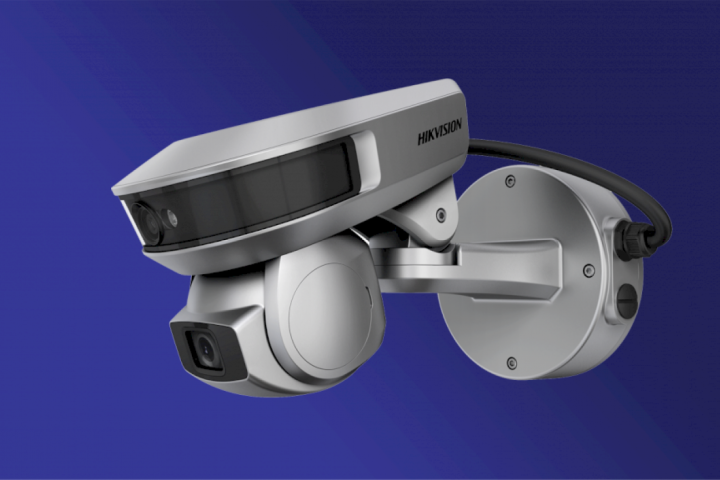
Current smart camera systems are too energy hungry to store the artificial intelligence software within the camera itself. Instead, the cameras rely on cloud storage for automatically detecting suspicious activity without a 24/7 human operator. But advances in more power-efficient technology have allowed the Myriad 2 Vision Processing Unit to be run completely inside the camera, improving both the speed and accuracy of the system.
Hikvision’s cameras are capable of classifying the model of a car, identifying an intruder, recognizing a suspicious package, and they even have applications that detect drivers who are texting. By putting the entire smart alert system on the camera and ditching the cloud, Hikvision says it will be able to improve accuracy as well as reducing false alarms.
“There are huge amounts of gains to be made when it comes to neural networks and intelligent camera systems,” Hikvision CEO Hu Yangzhong said in a statement. “With the Myriad 2 VPU we’re able to make our analytics offerings much more accurate, flagging more events that require a response, while reducing false alarms. Embedded, native intelligence is a major step toward smart, safe and efficiently run cities. We will build a long-term partnership with Movidius and its VPU roadmap.”
The first cameras using the onboard Movidius chip are currently on display at the China International Exhibition on Public Safety.



